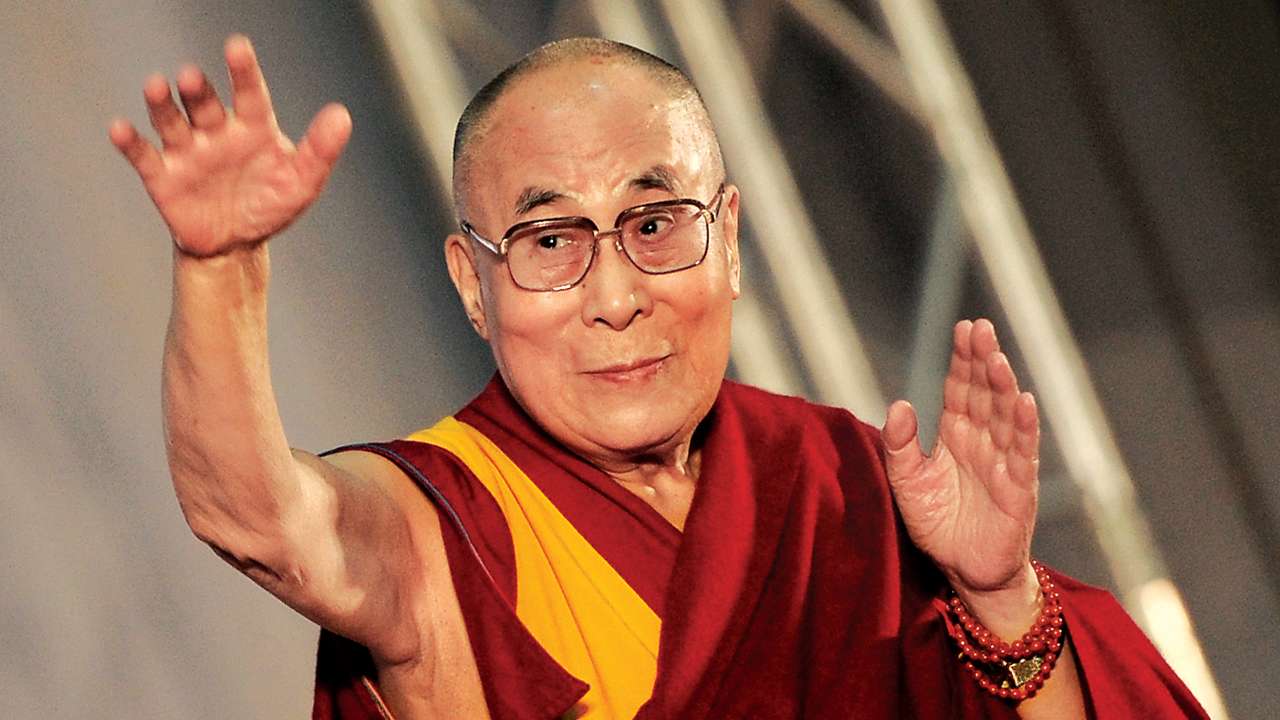
Of the many thorny issues that dog Sino-Indian ties, there is perhaps not one more stickier than the subject of the Dalai Lama.
It has been a thorn in the side since the great Tibetian spiritual head fled to India in 1959 following a Chinese crackdown on an uprising by the local population in Tibet. India granted him political asylum and the Tibetan government-in-exile has since been based in Himachal Pradesh’s Dharamsala.
Beijing has long regarded India’s asylum as an act of “interference in China’s internal affairs”. That situation continues to date. Now it seems things are coming to a head again. Senior officials in Beijing have warned that Dalai Lama’s successor has to be decided within China and any interference by India on the issue will impact bilateral ties.
Eighty-four-year-old Dalai Lama is ill and talk of his successor has been on for some time now. Now that talk has acquired official colour. Chinese officials have said that the reincarnation of the Dalai Lama must be approved by the Chinese government and the selection should take place within the country based on a 200-year-old historical process. An official was quoted as saying that succession of the Dalai Lama is a historical, religious and political issue and there are established norms and formalities for selecting him.
The reincarnation, the official was at pains to suggest, is not decided by his personal wish or by a group of people living in other countries. China insists the successor has to be found through a draw of lots “in a golden urn process”. That the move is choreographed, with an eye on New Delhi, is undeniable.
A team of Indian journalists were taken to Tibetian capital Lhasa, where the official Chinese position was conveyed to them. As if on cue, a similar statement was issued by an influential Chinese think-tank in Beijing, suggesting bluntly that any Indian move to not recognise the Chinese nominee would impact bilateral ties between the two countries.
New Delhi would be well advised not to countenance the Chinese position. Far from India interfering, it will be China meddling around in the internal affairs of this country if New Delhi were to recognise Dalai Lama’s successor as one chosen by Beijing.
India has done well to stick to its five-decade stand on the Tibetian leader. New Delhi maintains that the Dalai Lama is a revered religious leader and is deeply respected by the people of India and that he will continue to be accorded all freedom to carry out his religious activities in this country.
India has long been home to displaced persons and refugees from across the world and that position should not change. Back in the 1950s India, in continuing with its time-tested policy of providing safe havens to those in need, chose to invite the wrath of the Peoples’ Republic of China, rather than leave an ally and a cultural fellow traveller at the mercy of a rogue Communist state. New Delhi should ensure that the position continues, irrespective of which government is in power.